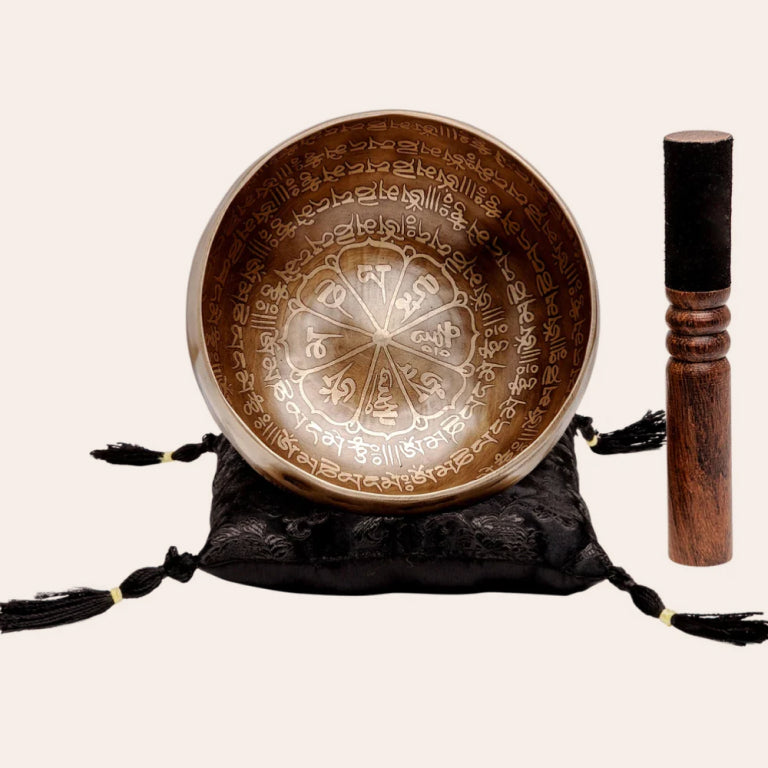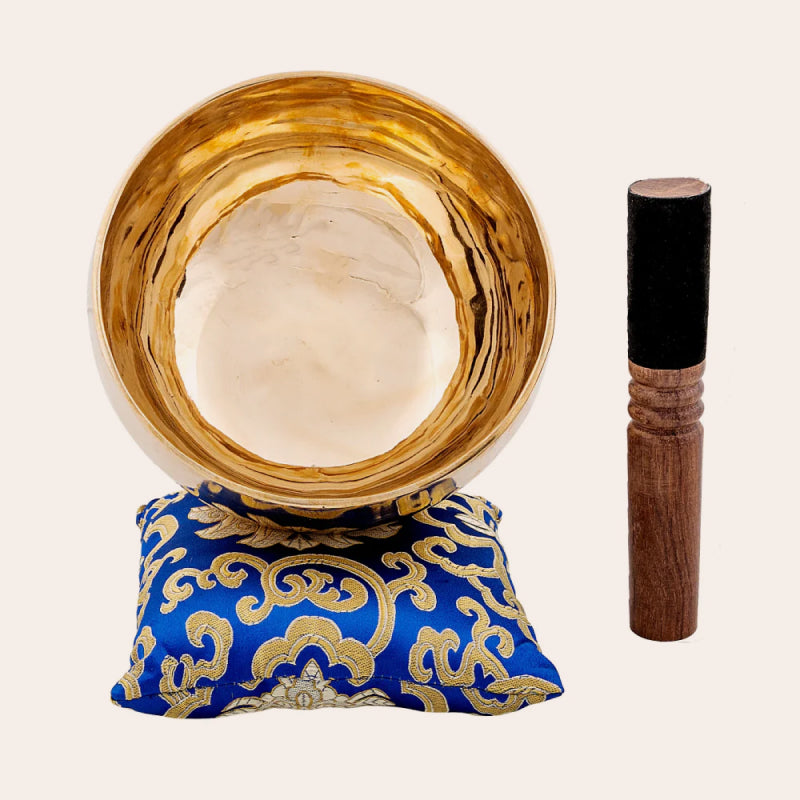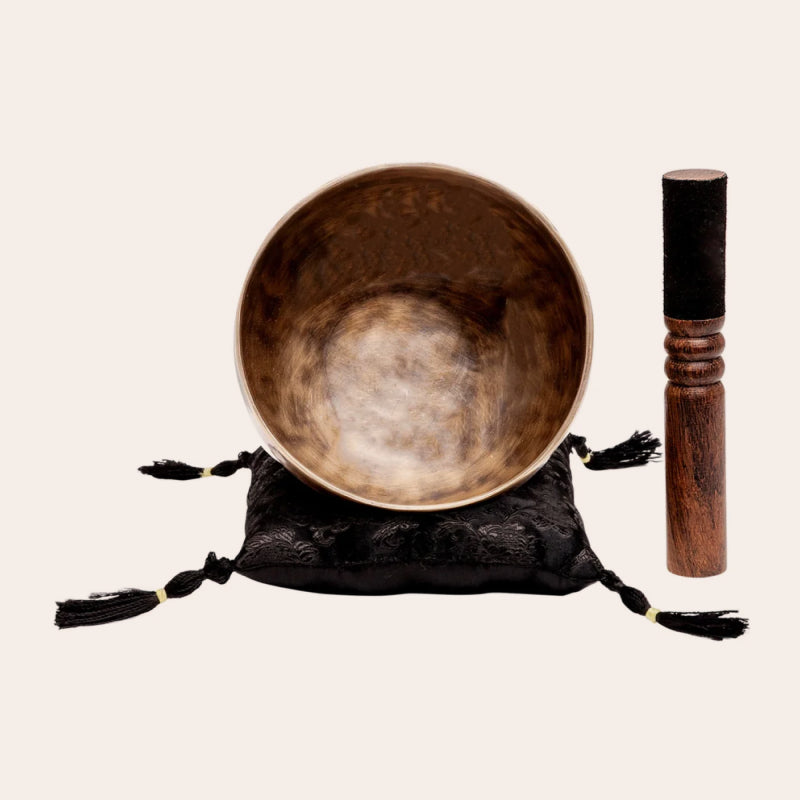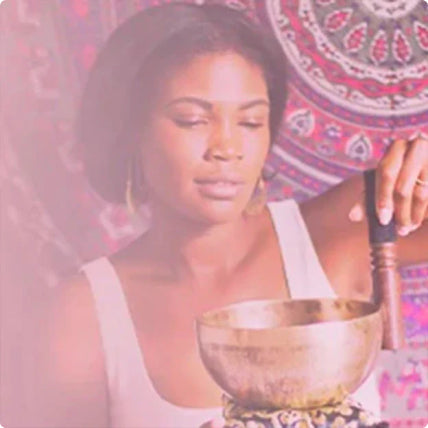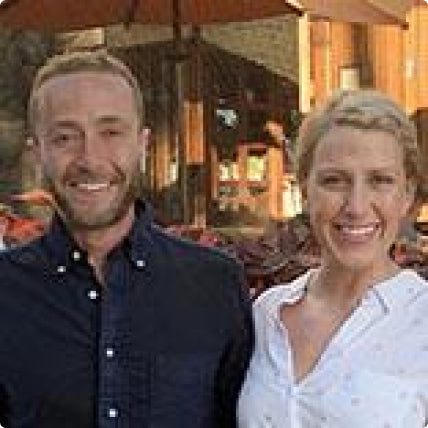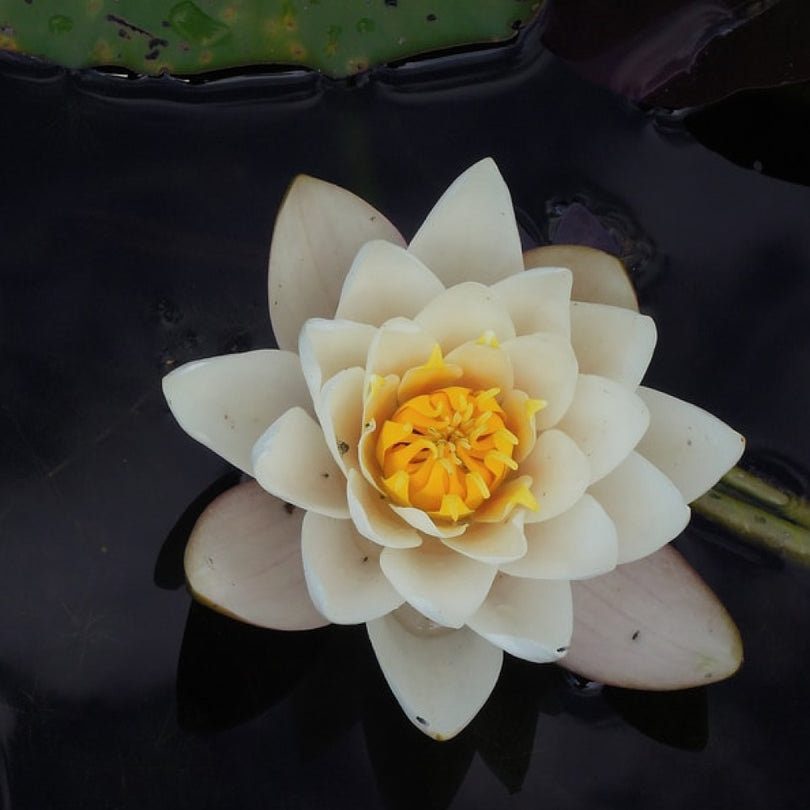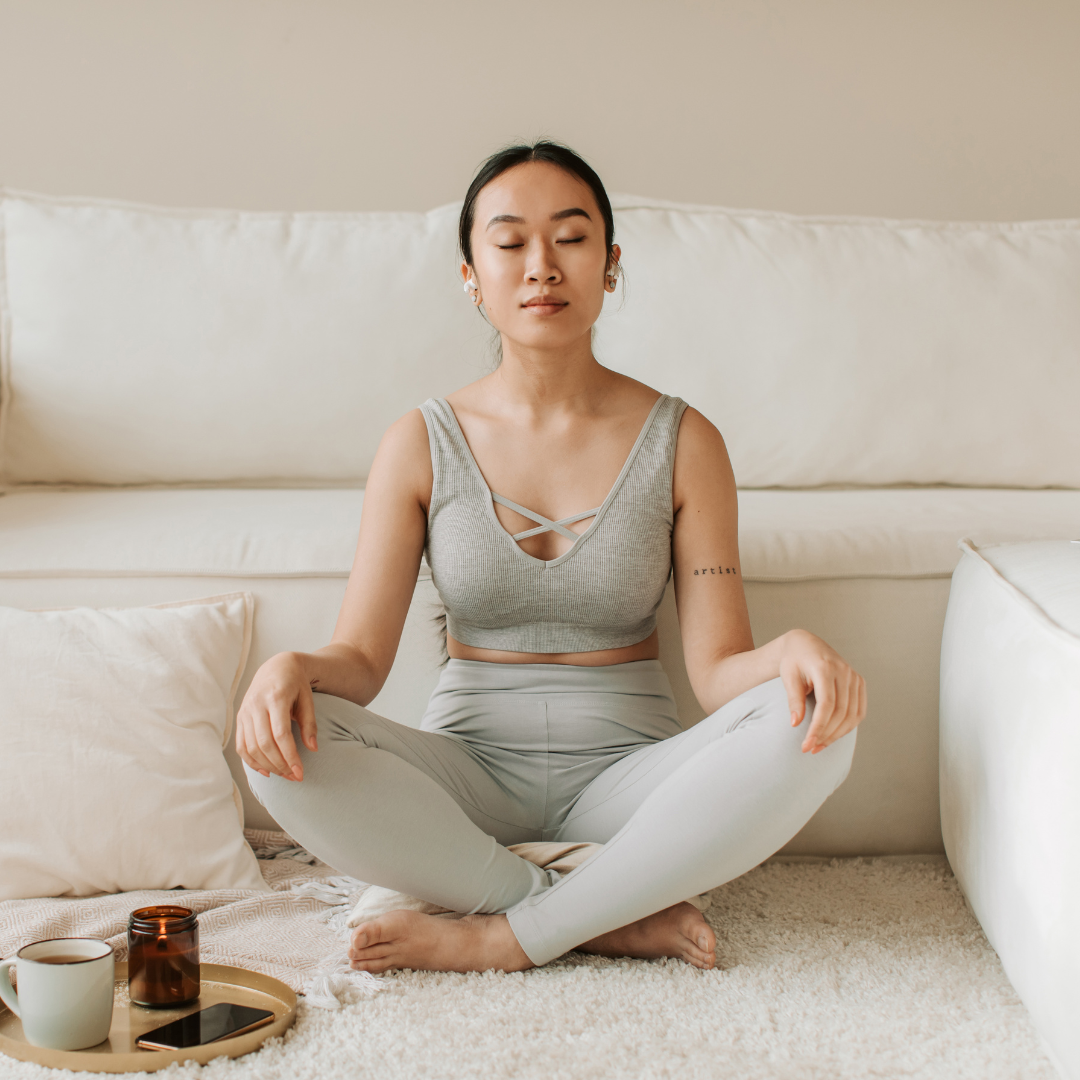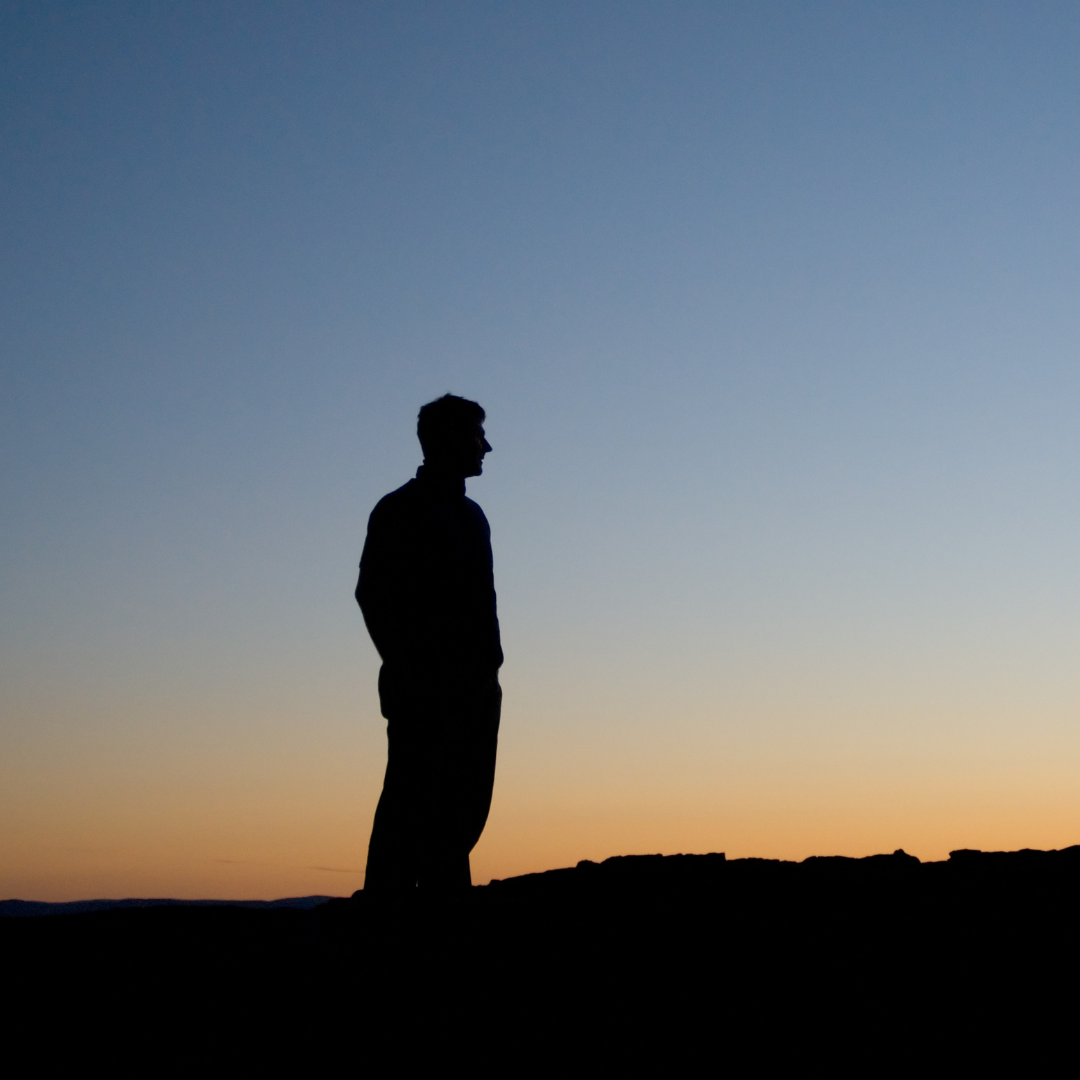It’s not news to you that cultivating a meditation practice can be a net positive for your life.
You’ve read all the articles about it, heard the interviews with scientists talking about the real biological benefits, learned that everyone from professional athletes to the CEO’s of major organizations have a practice of their own.
Doing your absolute best, you’ve gotten all the apps, read a book or two and have had a start-stop relationship with it...Once you start a practice, you always stop!
Being committed still eludes you.
Telling yourself things like:
“I don’t have the time,” or “I just can’t quiet my mind or sit still.”
It’s totally understandable that you’ve stopped it. There are plenty of reasons to give yourself.
ASK YOURSELF: WHO AM I AND WHO ARE MY THOUGHTS?
Before going further, imagine something with me for a moment.
There you sit, in a tropical destination of your choice. The faint scent of coconut dances in your nostrils, and you see it: a palm tree is gently blowing in the wind.
The wind picks up, and the palm tree moves around more than it was before, in response to the force of the wind.
As the wind dies down, again, the palm tree is still.
No one sees the palm tree blowing in the wind, and thinks “that’s a windy palm tree.”
They know that it’s a tree, temporarily experiencing the wind.
Can you, for a moment, consider that it’s the exact same situation with you and your emotional experience?
You are the tree, and the wind is your emotional experience.
Just like the tree is only the temporary experiencer of the wind, you are not angry, or sad, or depressed. You are not lonely. Or unloved. Nor are you happy, or anxiety-ridden.
You are a human being, experiencing these things.
And they are temporary. They will come and go throughout your entire life.
Emotions will always “blow through you,” if you allow them to.
You are bearing witness to them, as the tree bears witness to the wind.
Understanding the above has been one of the most important things to my personal commitment to a meditation practice: the you that I’m talking about, the “real,” you is not the emotion or feeling, or the events that have happened to you. You are the experiencer and observer of these things.
Accordingly, if you have had challenges meditating, I invite you to reframe the way you think about it.
WHAT IS THE PURPOSE OF YOUR MEDITATION?
Meditation’s purpose is to not shut your mind up (or down).
It’s purpose is not to sit absolutely still, doing nothing and thinking nothing and feeling nothing.
A purpose to strive for learn to separate yourself from the thoughts and feelings that are constantly popping into your head. To give your real, observer self, some space to breath.
Practicing stillness and meditation does not show you things that aren’t already there. It acts as a magnifying glass for the things that are there. You may not notice them during your daily hustle, because you’ve learned to distract and numb yourself through whatever methods work for you.
All of a sudden, when you’re sitting still with your eyes closed, telling yourself, “Oh my goodness, my brain is a chatterbox and it never stops tying itself in knots and thinking itself in circles.”
It’s always doing this, but now you've put down your phone long enough to really see what's going on.
To summarize some of the reasons why meditation feels hard:
- You may be thinking about it all wrong. The purpose of meditation isn’t to experience inner stillness. The purpose is to observe what’s going on, more closely than you normally do. This allows you to get to the heart of your experience.
- Yes, you may eventually notice that you’re having a still moment. But that’s just another observation, not the desired outcome
- The thoughts you think don’t belong to you. The thoughts are “happening through you” and you are bearing witness to them, as the tree bears witness to the wind
- One can learn to venerate whatever is going on in their experience, it’s not about feeling a certain way, it’s about seeing the way you’re feeling
For those that would like some practical advice, I can humbly offer that you:
- Allow a smile to tug at the corners of your lips gently up as you watch the chatterbox of your mind.
- Remember that the benefits of meditation aren’t claimed in the 15 minutes in the morning. The benefits are to be captured in the rest of your day. Begin to really notice that meditation is a practice - meaning, it’s an action you perform so that you can be better at all of the things that are important to you.
Commitment isn’t a result, it’s actually the way.
By challenging yourself to commit to a practice, it will strengthen your will to have more of what you want in life. Think of it this way. If you can’t commit to sitting still in a comfortable, quiet place for 10 minutes per day because it’s “too hard,” then what is that saying about your ability to achieve the rest of your goals?
This way is a training ground meant to inform the rest of your life.

